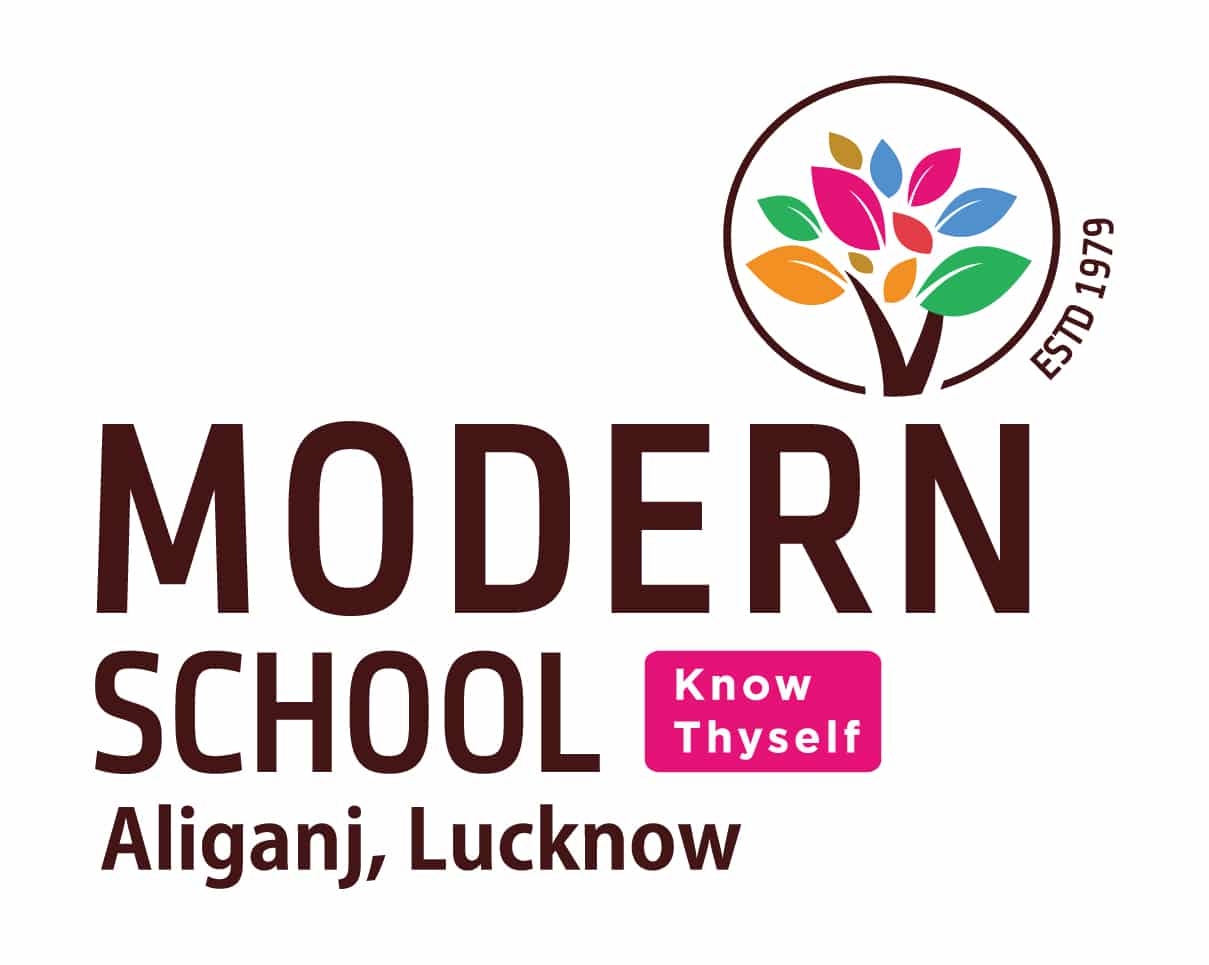OPEN BOOK ASSESSMENT- CASE STUDY

Open-book assessment: Here, students are allowed to refer to any material that they wish to consult while carrying out the assessment, which can take place either in a formal examination setting or in a less formal setting.
The object of such assessment is to see how the students can use the information at their disposal to solve problems, carry out tasks, etc. with the memory factor being largely eliminated. Such open-book assessment is well suited to the assessment of higher-cognitive and many non-cognitive skills, including practical leads.
An open-book assessment allows you to use study materials, internet and books while doing your exams.
Why Do Students Prefer Open-Book Exams? Researchers have shown that most students find open-book tests less stressful than closed-book tests. People assume that open-book questions will emphasize problem solving, creativity, or deep knowledge rather than a simple recall of facts.

ANECDOTES BY STUDENTS
Open book assessments main objective is that students can be judged on the basis that how quickly they can find relevant information from the study material. The mantra to perform well in open book assessment is that the student should be thorough with their books. Each student is given a random set of questions therefore no student can be judged on the same criteria.
Shared by Nilasha Pandey (Grade 11 Sc.)
In Open book assessment, the context must not be from the books prescribed in the syllabus and examination time must not be increased. Children will be less stressed; knowledge will not be restricted within the books; time will be limited. There will be better conceptual and practical understanding.
Shared by Harshit Shukla (Grade 10)
Open book learning is a great approach to learning because students have to dive deep into the text to search for the answers that are usually more complex than they would be if books were closed.
This encourages students to read between lines and better analyze the text. This also prepares them for traditional tests where decent marks can often be scored with surface level knowledge.
Shared by Shardul Pandey (Grade 11 Sc.)
